Accurately measuring the flow of asphalt has consistently presented a formidable technical challenge, primarily due to its inherent characteristics—high viscosity and poor fluidity. Operating within pipelines at temperatures hovering around 200 °C (392℉), liquid asphalt further compounds the complexity. Even at elevated temperatures, the viscosity of asphalt remains persistently high, exacerbated by the presence of solid particulate impurities within the medium. This intricate scenario poses a significant hurdle for conventional liquid flow meters, rendering them inadequate for the precise bitumen flow measurements required.
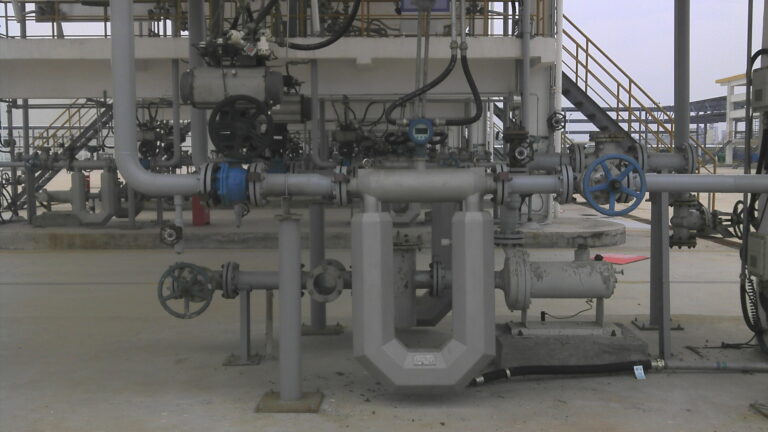
In navigating the complexities of asphalt and bitumen flow measurement, a beacon of solution emerges in the in-line Coriolis flow meter. Renowned for its unique capabilities, the Coriolis Mass Flowmeter proves to be an optimal choice for addressing the intricate demands of monitoring asphalt and bitumen flows. In this article, we aim to delve into the specific application of the Coriolis Mass Flowmeter within an Asphalt Additives System. By exploring the advantages and functionalities of this innovative technology, we aim to shed light on how the Coriolis Mass Flowmeter triumphs over the challenges inherent in high-temperature, high-viscosity environments associated with asphalt and bitumen flow. Through this exploration, a clear understanding emerges of how this technology provides an efficient and accurate solution for the industry.
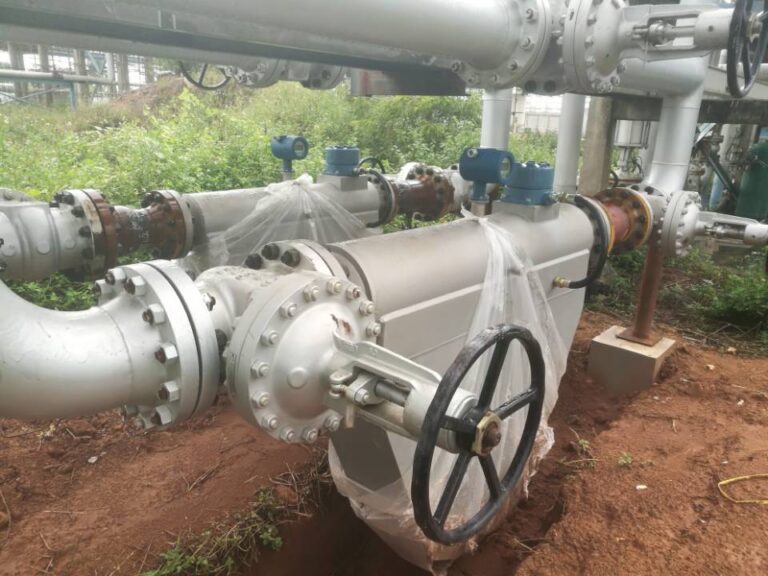
Asphalt Additives System Overview
Asphalt, a fundamental component in road construction, has evolved over the years with the incorporation of additives to enhance its performance. Asphalt additives are compounds blended into the asphalt mixture to impart specific properties, such as improved durability, flexibility, and resistance to aging and environmental factors. These additives play a critical role in optimizing the performance of asphalt pavements, ensuring longevity and sustainability in various climatic conditions.
Components and Functionalities of an Asphalt Additives System
An Asphalt Additives System is a sophisticated infrastructure designed to seamlessly integrate additives into the asphalt mixing process. Comprising several key components, this system ensures precise control over the additive dosage and mixing parameters. The system typically includes storage tanks for different additives, metering devices, pumps, and a computerized control unit.
The additives are stored in dedicated tanks, each containing a specific type of additive tailored to address particular performance requirements. Metering devices, often calibrated with high precision, carefully measure and dispense the additives in controlled amounts. Pumps facilitate the transfer of these additives into the asphalt mix, promoting homogeneity and uniformity.
The heart of the system lies in its computerized control unit. This unit oversees the entire process, orchestrating the flow of additives and monitoring mixing parameters. Advanced algorithms ensure that the additives are introduced at the right moment and in the correct proportions, optimizing the asphalt mixture for its intended application.
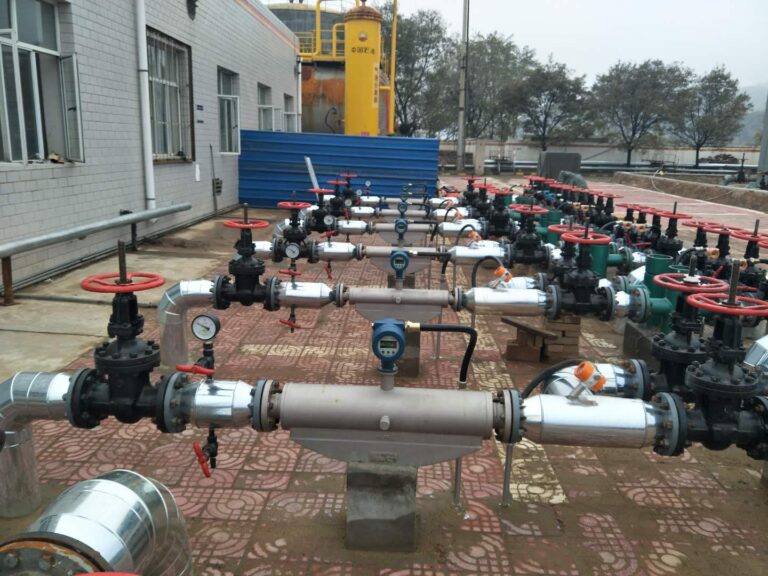
Importance of Accurate Flow Measurement in Asphalt Additives Mixing
Accurate flow measurement is paramount in asphalt additives mixing, as it directly influences the performance and quality of the final asphalt mixture. Precise control over the flow ensures that additives are introduced uniformly, preventing inconsistencies in the asphalt composition. This, in turn, enhances the durability and resilience of the resulting pavement.
Moreover, accurate flow measurement is essential for meeting regulatory standards and specifications. Adhering to predetermined additive dosages guarantees that the asphalt mixture meets the required performance criteria, contributing to the overall safety and reliability of road infrastructure.
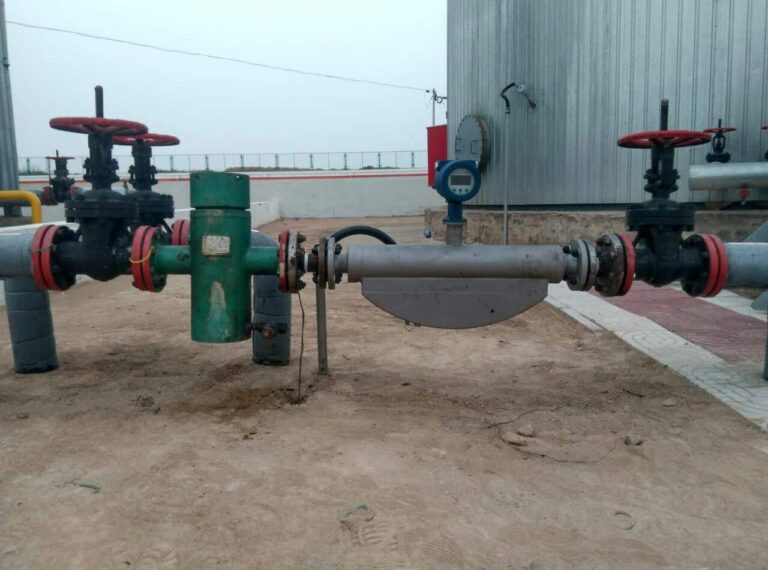
Coriolis Mass Flowmeter in Asphalt Additives System
The integration of Coriolis Mass Flowmeters into Asphalt Additives Systems marks a technological leap forward in precision measurement and control. Coriolis Mass Flowmeters utilize the Coriolis effect, where the oscillation of a tube is induced by the flow of fluid through it. In the context of Asphalt Additives Systems, these metersare instrumental in accurately measuring and dispensing additives into the asphalt mix.
The Coriolis Mass Flowmeter is seamlessly incorporated into the system’s infrastructure. Positioned in the additive delivery line, this instrument provides real-time data on the mass flow rate of the additives. This information is then relayed to the system’s control unit, allowing for precise adjustments to the additive dosage and ensuring a consistent and homogenous asphalt mixture.
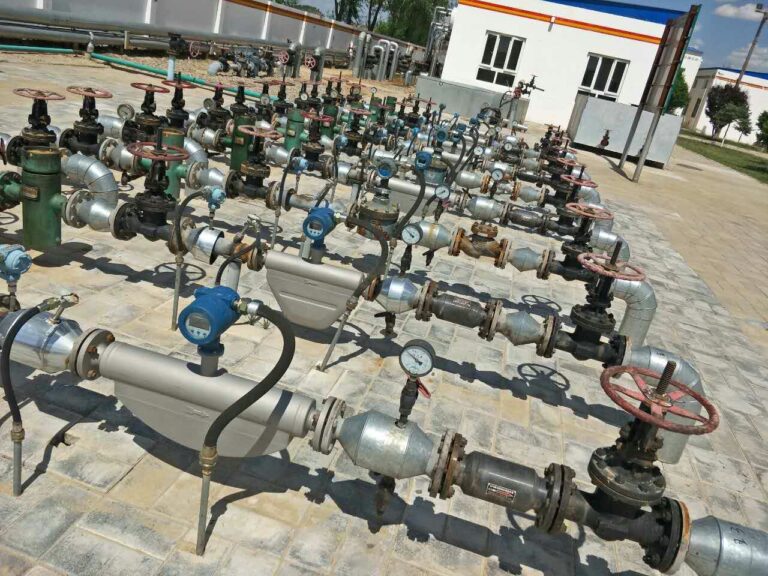
Benefits of using Coriolis Mass Flowmeter for Measuring Asphalt Additives
The utilization of Coriolis Mass Flowmeters for measuring asphalt additives brings forth a myriad of benefits, significantly enhancing the efficiency and precision of the asphalt mixing process. At the core of these advantages lies the intrinsic ability of Coriolis Mass Flowmeters to directly measure mass flow, providing a more accurate representation of the actual material flow, compared to traditional volume-based measurement methods.
One of the primary benefits is the unparalleled accuracy offered by Coriolis Mass Flowmeters. These instruments excel in delivering precise measurements, unaffected by changes in temperature, pressure, or viscosity of the asphalt additives. This accuracy is paramount in ensuring the desired quality and performance of the final pavement, as even slight variations in additive dosages can have profound effects.
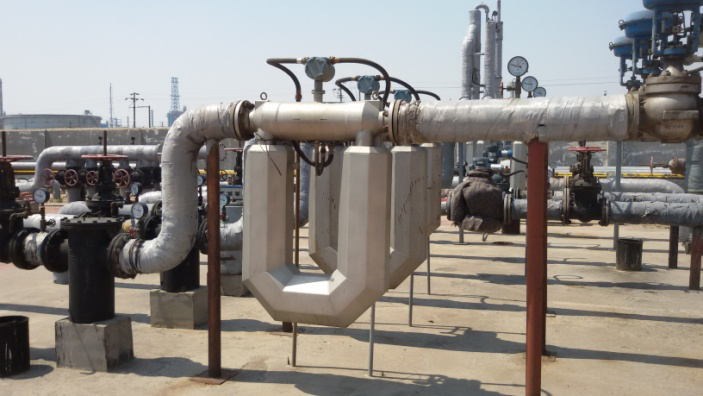
Moreover, Coriolis Mass Flowmeters facilitate real-time monitoring of the asphalt mixing process. The immediate and accurate data they provide enable operators to make prompt adjustments, ensuring that the asphalt additives are dosed with precision. This real-time feedback loop enhances control over the entire mixing operation, contributing to a more streamlined and efficient production process.
The versatility of Coriolis Mass Flowmeters is yet another noteworthy advantage. They can handle a wide range of asphalt additives, including those with diverse viscosities and compositions. This adaptability makes them a robust choice for various asphalt mixing scenarios, accommodating different materials without compromising accuracy or reliability.
In addition to their technical prowess, Coriolis Mass Flowmeters contribute to cost savings and environmental sustainability. By accurately measuring additive quantities, waste and excess usage are minimized, leading to more economical operations. Their precise control additionally aids in promoting environmental sustainability by minimizing material waste and lowering energy consumption during the asphalt mixing process.
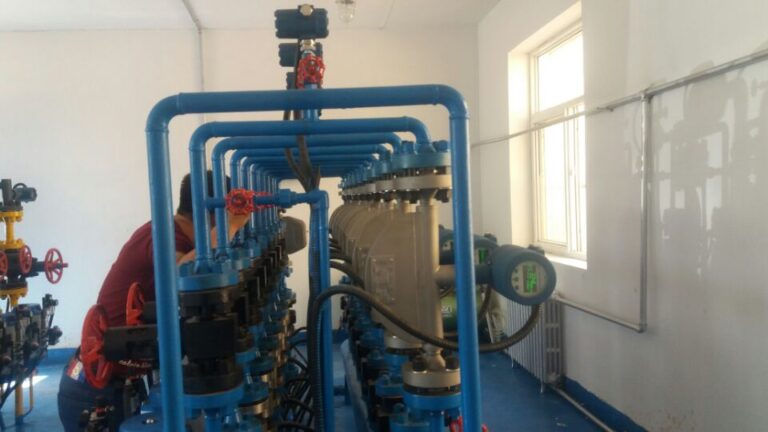
Installation and Calibration of Coriolis Mass Flowmeter in an Asphalt Additives System
The proper installation of a Coriolis Mass Flowmeter in an Asphalt Additives System is crucial for its accurate and reliable performance. To ensure optimal functionality, adherence to specific guidelines is imperative. Firstly, the flowmeter should be installed in a location where it experiences minimal vibrations and disturbances, as external factors can affect the precision of measurements. Additionally, the flowmeter should be oriented correctly to align with the flow direction, optimizing its sensitivity to the Coriolis effect.
Proper grounding is essential to prevent electrical interference, and the installation should consider accessibility for maintenance and calibration purposes. Manufacturers often provide detailed installation manuals that should be followed meticulously to guarantee the successful integration of the Coriolis Mass Flowmeter into the Asphalt Additives System.
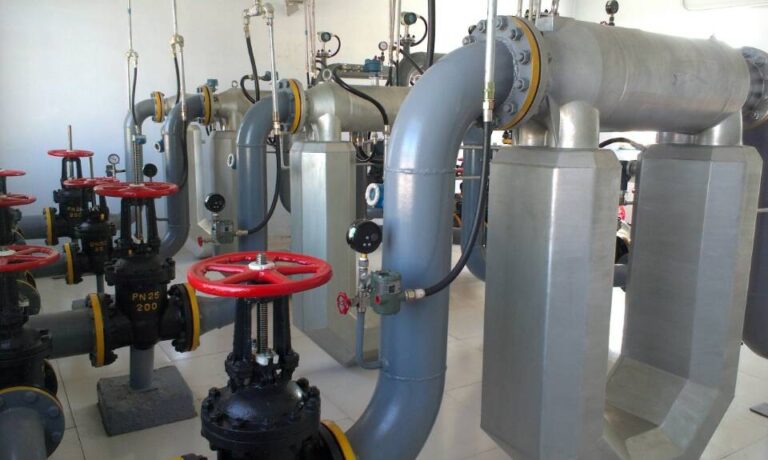
Importance of Calibration for Accurate Flow Measurement
Calibration stands as a pivotal step in guaranteeing the precision of flow measurements within an Asphalt Additives System featuring a Coriolis Mass Flowmeter. Over time, factors such as wear and environmental conditions can impact the instrument’s performance. Regular calibration compensates for these changes, guaranteeing that the flowmeter continues to provide precise and reliable data.
Calibration involves comparing the instrument’s readings to known standards and making adjustments as necessary. This process is essential for maintaining the uniformity of additive dosages in the asphalt mixture, directly influencing the quality and performance of the final pavement. Adhering to a consistent calibration schedule is paramount to sustaining the accuracy of the Coriolis Mass Flowmeter over the lifespan of the Asphalt Additives System.
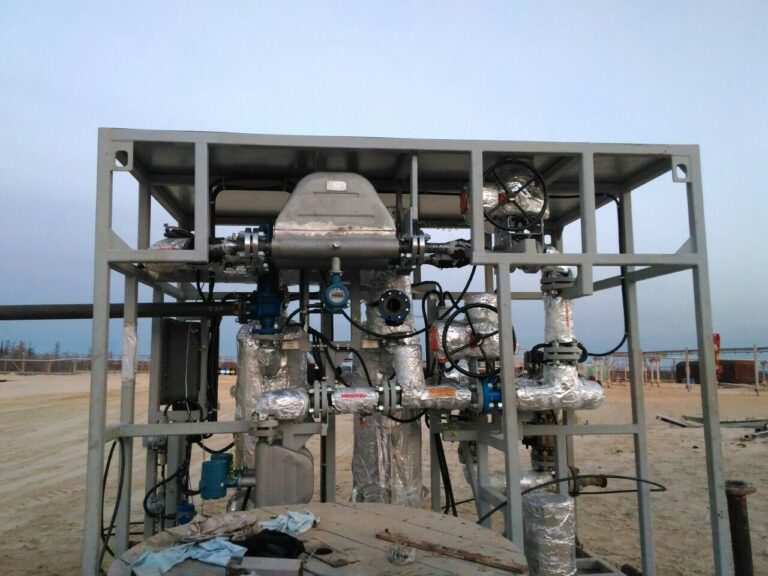
Maintenance Tips to Ensure Optimal Performance
Taking a proactive approach to maintenance is very important for securing the sustained optimal functioning of the Coriolis Mass Flowmeter and the complete Asphalt Additives System over the long term. Routine examinations of the device, encompassing visual assessments to identify physical damage and signs of wear, are imperative. Swift attention should be given to any observed wear or damage to avert potential disruptions in the additive dosing process.
Furthermore, it is recommended to keep a close eye on the environmental conditions surrounding the flowmeter. Exposure to extreme temperatures or corrosive substances has the potential to affect its performance. Establishing a regular cleaning regimen, particularly in environments susceptible to contamination, aids in preserving the accuracy of the instrument.
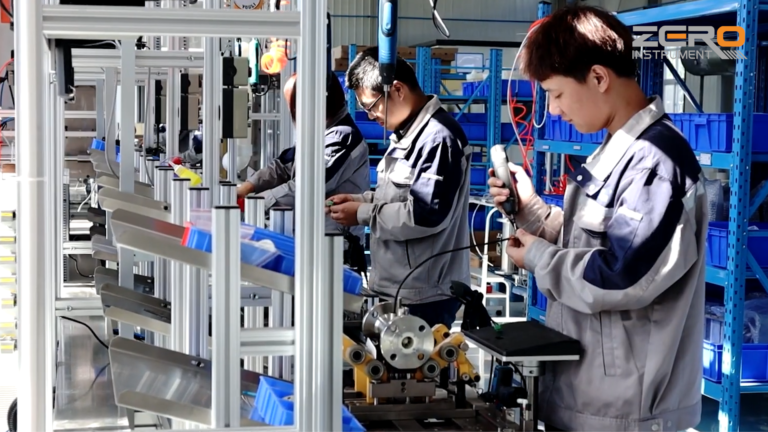
Conclusion
In conclusion, the incorporation of a Coriolis Mass Flowmeter into an Asphalt Additives System represents a paradigm shift in precision and efficiency in road construction. The seamless integration, guided by proper installation and regular calibration, ensures accurate additive dosing, optimizing asphalt mixtures for enhanced performance. Real-world successes attest to the transformative impact, with improved quality, reduced waste, and increased operational efficiency. As a cornerstone in modern infrastructure development, the Coriolis Mass Flowmeter not only meets the stringent demands of asphalt production but also contributes to the longevity and resilience of road pavements, embodying a commitment to excellence in construction technology.
